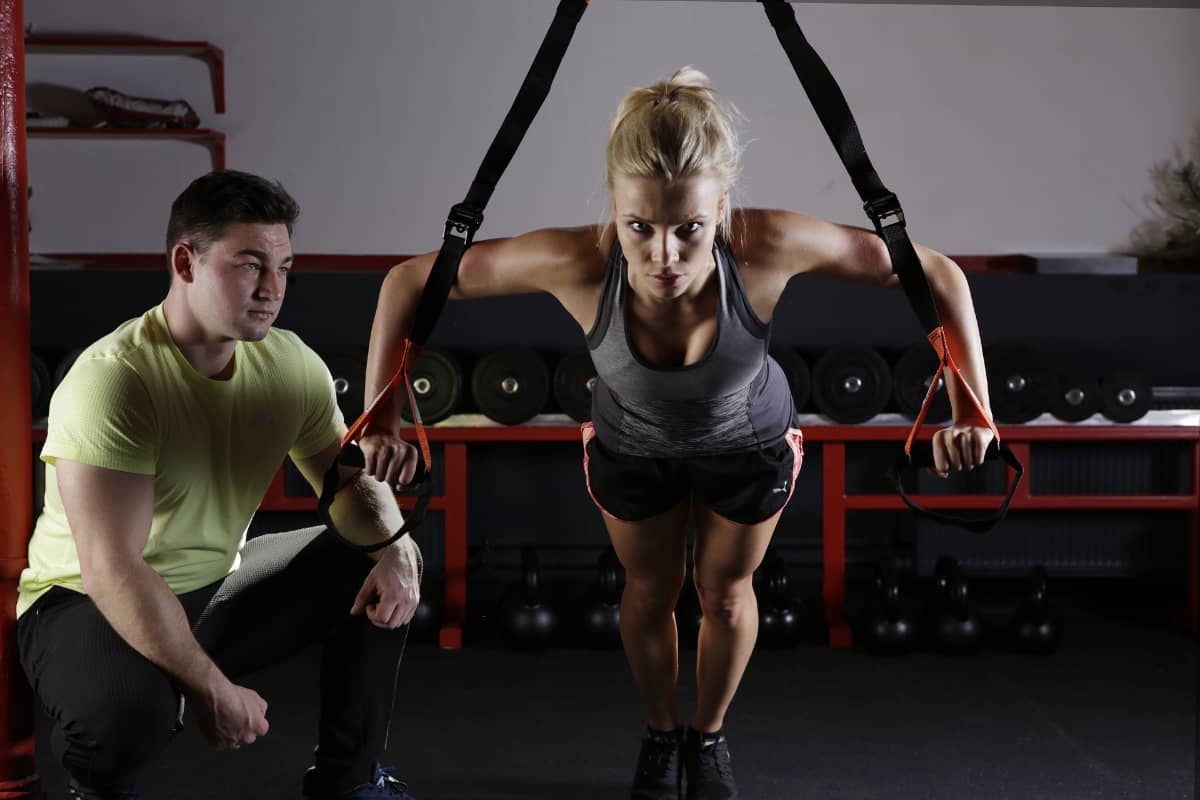The Importance of Training the Mind for Physical Performance

You might have heard the saying “The mind will keep you going long after the body tries to give up”. This quote provides some insight into the power of the mind and what it can help you achieve physically.
Some people give up before they have started!
Consider the language you hear some people using around their inability to do something. You may have even used language like this yourself. Examples include:
“I’ve never been able to run; I’m just not built for running”
“I’ve tried many things and it’s just too hard for me to lose weight”
“I don’t have any upper body strength”
Using language such as this sets the person up for failure. They will find it significantly harder to achieve their fitness goals if they enter into training with this sort of mind-set. Get past the limiting mind-set to achieve your physical goals with greater ease.
The case of Lewis Pugh
Lewis Pugh certainly didn’t let self-talk like this hold him back. The importance of training the mind can be emphasized by understanding his story. Lewis Pugh is an endurance swimmer best known for swimming across the North Pole to draw attention to the melting of the arctic ice.
Before he embarked on this particular swim, he of course carried out a rigorous physical training program. However, more importantly he trained his mind in preparation for the grueling conditions he would experience throughout this swim.
He asked questions about the effects on his body from swimming in such freezing cold water (far colder than the conditions that could be replicated in even the coldest swimming pool). The answers weren’t reassuring. He was told that it was pretty much impossible because his fingers and toes would freeze and his organs would shut down.
So physically, he was told that it was impossible. The fact that he did complete the swim and didn’t die or experience organ failure in the process is a reflection of the mental training he did to prepare for this swim.
Again and again, Lewis visualized every aspect of the swim and how each and every part of it would feel to every sense in his body. He visualized what he would smell, taste, see hear and feel from the start to the finish of that swim and he did it over and over again.
Practical tips to train your mind
Although you might not be planning to swim the arctic, there are several tips and techniques you can use to help improve your physical performance. Use these ideas to help push through the mental barriers that are holding you back:
- Practice visualization techniques by going through images of you carrying out your sport or activity in your mind. Repeat these over and over, imagining yourself with great form and technique. Use each of the body’s senses – imagine the sights, tastes, sounds, smells and feelings your body will experience in real life
- Find out about the different types of meditation and choose one to help you get started on calming and focusing your mind
- Understand how your thoughts affect your health and wellness outcomes and follow these tips to help you think more positively







eye-opening article!